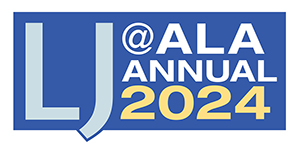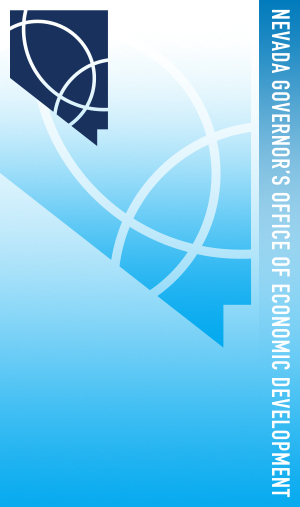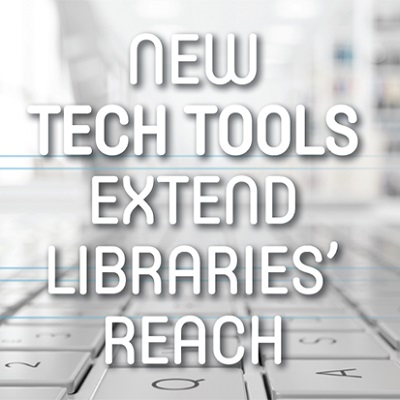Technology
ALL TECHNOLOGY COVERAGE
The U.S. Department of Commerce’s National Telecommunications and Information Administration (NTIA) on July 24 announced the availability of almost $1 billion in competitive grant funding for programs that “support efforts to achieve digital equity, promote digital inclusion activities, and spur greater adoption and meaningful use of broadband,” according to a notice of funding opportunity posted by the agency. Application materials are available on NTIA’s BroadbandUSA website, and must be submitted through the NTIA Grants Portal by September 23.
Nevada’s libraries have long been an important part of the state’s workforce development programs, and in June, the state’s Board of Examiners approved a new librarian-in-residence program for two municipal systems—the North Las Vegas Library District and the Carson City Library—that will boost those efforts. For two years beginning last month, these librarians-in-residence will facilitate an Individual Career Mapping and Training Delivery Model program developed by the Nevada Governor’s Office of Economic Development with libraries throughout the state. The program includes innovative features such as hands-on virtual reality “field trips” and access to NCLab’s Career Readiness Assessment to build STEM skills.
The U.S. Federal Communications Commission (FCC) on July 18 voted to allow libraries and schools to use funding from the federal E-rate program to purchase Wi-Fi hotspots for lending. A component of FCC Chair Jessica Rosenworcel’s Learn Without Limits proposal—which was announced at the American Library Association’s (ALA) 2023 Annual Conference in Chicago—integration of hotspots into the program was aimed at responding to increasing connectivity needs and modernizing the E-rate program.
The American Library Association’s 2024 annual conference and exposition included many announcements from library vendors. Here’s a roundup of some of the news from this year’s show floor.
Anyone who is attending this year’s American Library Association (ALA) Annual Convention in San Diego hoping to hear more about artificial intelligence (AI) and its impact on libraries has not been disappointed. “Breaking Boundaries: Harnessing the Power of Artificial Intelligence and ChatGPT to Transform Library Services,” one of the earliest panels on Saturday morning, was presented to a full house—five conjoined rooms with every seat taken.
Streamline and enhance your processes with these cutting-edge solutions: Smart Library Lockers@D-Tech, Content and Discovery Services Platform@SirsiDynix, EV Cart@Kingsley, Payment Solutions@Comprise.
Many college and university libraries have amassed special collections and are digitizing these collections to share them more widely. Yet, institutions often struggle to find sustainable solutions for accomplishing this work. Skidmore College is solving this problem with the help of a flexible suite of services for digital collection stewardship from ITHAKA.
The Seattle Public Library (SPL) is continuing to recover from a ransomware attack on Saturday, May 25. At press time, all branches were open, in-person and virtual programs and events were still being hosted, books and other physical materials were available for checkout, and online services provided by third-party vendors including ProQuest, Hoopla, Kanopy, and others were available to patrons. However, access to SPL’s ebooks and e-audiobooks, public computers, in-building Wi-Fi, printing and copying services, pickup lockers, museum pass services, interlibrary loan services, and some other online resources remained unavailable.
In recent years, the scholarly nonprofit Ithaka has prioritized advancing diversity, equity, and inclusion (DEI), both within the organization and in its outward-facing work. As that process evolved, Kate Wittenberg, managing director of Ithaka’s digital preservation service, Portico, saw that its archival conservation mission aligned in many ways with social justice ideals. In summer 2021, she began to identify underrepresented community collections that might be at risk without a preservation strategy, and in 2023 Portico launched a pilot project connecting the curators of those archives to its expertise and resources.
ALREADY A SUBSCRIBER? LOG IN
We are currently offering this content for free. Sign up now to activate your personal profile, where you can save articles for future viewing









